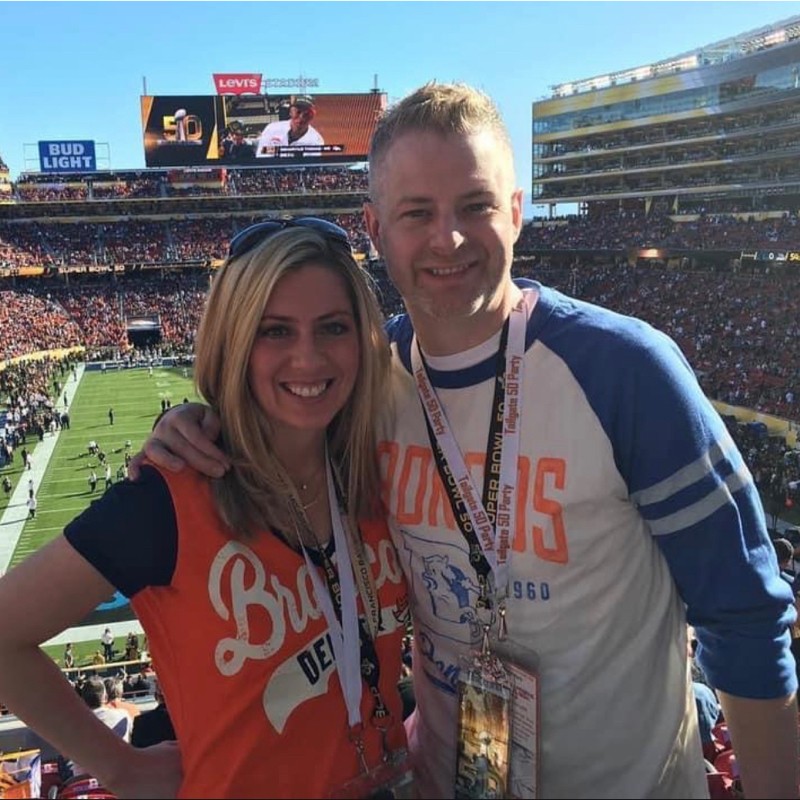Did the Mormon Church violate the tax-exempt status?
According to David Nielsen, the Mormon Church only ever used tax-exempt funds to invest in City Creek Mall and to bail out a life insurance company, Beneficial Life. Nielsen claims this violates the church’s tax-exempt status. As part of the LDS Church’s initiative to prepare for the future, it has invested in diverse things. It helped finance City Creek Mall, which reinvigorated downtown Salt Lake City and enhanced the environment around Temple Square. This did not violate tax law because Ensign Peak is legally registered as a supporting organization of the Mormon Church. Ensign Peak invests the church’s money to return a profit, which is the purpose of all financial investments, including LDS finances.
Ensign Peak’s investment returns were also used to help Beneficial Life, a life insurance company run by the Mormon Church, during the 2008-2009 financial crisis. As of 2019, Beneficial Life had paid back almost all of the money that Ensign Peak had invested in the company. This did not violate tax law, as Beneficial Life is a church-owned company.


